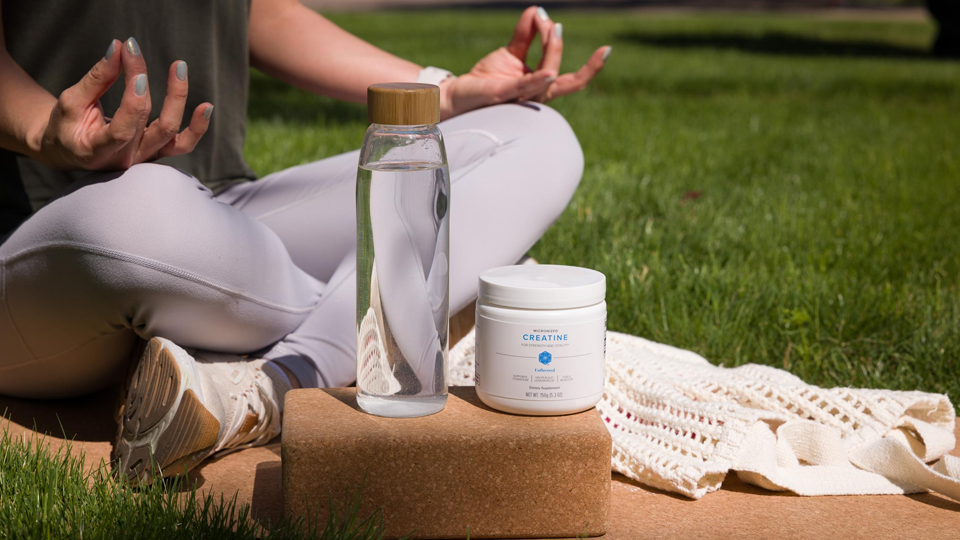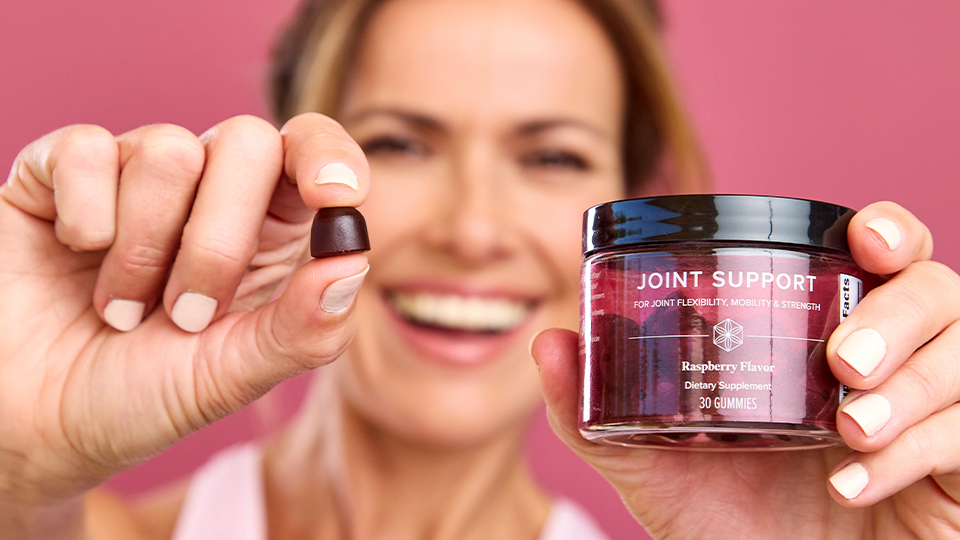Is having a big appetite after the gym getting in the way of your weight loss?
Drinking a whey protein-based shake immediately after working out could help prevent overeating after going to the gym, a small UK study reports.
The study, published in the European Journal of Nutrition, found that the consumption of whey protein post-exercise led to a reduced intake of calories during a meal an hour afterward. One of the main reasons, the researchers reasoned, was due to a reduction in eating rate.
Subjects who drank the whey protein shake ate their post-workout meal more slowly, which led to a modest reduction of total calories eaten. The researchers report that it’s unlikely that the modest reduction in eating would impair muscle growth after exercise, in part due to whey protein’s known benefits for supporting muscle maintenance.
However, the results may help to explain why whey protein-based shakes better support weight loss in consumers than through dieting alone.
See: When to Use IsaLean, IsaLean Pro, and IsaPro Shakes for more information about which Isagenix whey-based shake is right for you.
Study Details
Exercise and nutrition scientists performed the study on 15 physically active males, who included resistance training in their normal exercise routine.
In the study, the subjects completed an approximate 50-minute standardized resistance training workout immediately followed by either a whey-based drink containing about 24 grams of protein or carbohydrate-based drink and a 60-minute period of rest. After the hour’s rest, the subjects received a meal consisting of pasta with Bolognese sauce and olive oil. They were given only 20 minutes to eat the meal.
The subjects also filled out questionnaires at regular intervals throughout the experiment, including one regarding their post-exercise drink. The two calorie-matched drinks, the whey protein drink and carbohydrate drink, were served in opaque sports bottles in a randomized, controlled fashion with subjects unaware of which they’d received.
After the study, 11 of the 15 subjects correctly identified which drink they had consumed—due to the difference in thickness and creaminess of the two shakes—and the subjects who had consumed the whey-based shake had eaten their post-exercise meal more slowly leading to a modest 100-calorie reduction in intake.
Whey’s Weight-loss Support
As for explanations on why protein offers more satiety than carbohydrates in a drink form, the researchers offer that it could be due to protein’s known effects on appetite-related hormones in the gastrointestinal tract, the effects of amino acids absorbed into the blood stream, or even simply due to the sensory profile of the drinks.
The researchers didn’t observe any difference in appetite between the two groups after exercise and the post-exercise drinks. But they suggested that viscosity and thickness of the whey-based shake could have enhanced an expectation of satiety in subjects.
While the study wasn’t able to match the exact sensory profiles of whey- and carbohydrate-based drinks, the results bring more validity to the practice of drinking a post-workout protein shake for supporting muscle maintenance and weight loss.
Reference
Monteyne A, Martin A, Jackson L, Corrigan N, Stringer E, Newey J, Rumbold PL, Stevenson EJ, James LJ. Whey protein consumption after resistance exercise reduces energy intake at a post-exercise meal. Eur J Nutr, 2016. doi: 10.1007/s00394-016-1344-4





